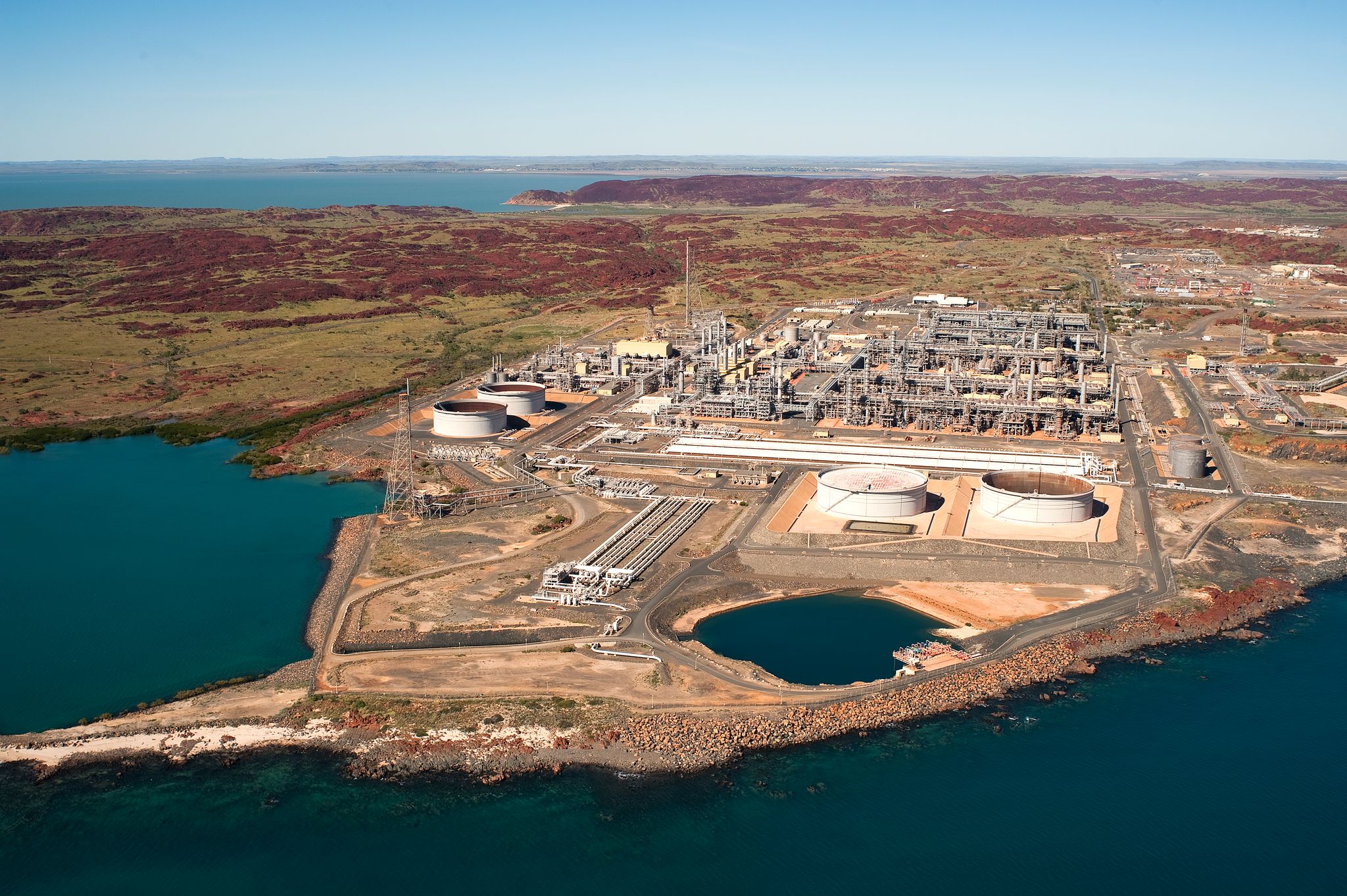The Western Australian Environmental Protection Authority (EPA) has recommended approval to increase the production life of Woodside’s North West Shelf LNG project by 50 years.
However, the approval comes with several conditions detailed in the environmental agency’s report released on Thursday.
Conditions require Woodside to avoid, reduce and/or offset the total quantity of reservoir carbon dioxide emissions released to the atmosphere from the issue date of any ministerial approval to 2029, the EPA said.
The report is now open for a three-week public appeal period, closing July 21.
“Important step towards securing the future of the NWS project”
In a separate statement, Woodside welcomed the progress made on the NWS project extension.
Woodside executive VP for Australian operations, Fiona Hick, said the NWS joint venture
would “carefully consider” the conditions outlined by the EPA.
“After extended engagement with the EPA and relevant stakeholders over more than three years, the release of the EPA report and recommended conditions marks an important step towards securing the future of the NWS project,” Hick said.
“At a time of heightened concern around energy security, the NWS project has an important role to play in delivering natural gas to local and international customers, providing energy that can support their decarbonization commitments,” she said.
The Karratha gas plant, part of the Woodside-led North West Shelf project, has been liquefying gas from fields located off the north-west coast of Australia for more than 30 years.
However, these fields are slowly running out of gas and the project is now shifting its focus towards a different business model aimed at processing gas from third parties.
The plant has five LNG trains with a capacity of 16.9 million tonnes per year. It also features domestic gas trains, condensate stabilization units and LPG units.
Besides operator Woodside, other partners in the NWS project include Chevron, BP, Shell, BHP, and Japan Australia LNG.

